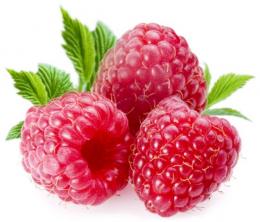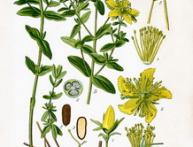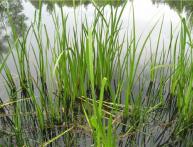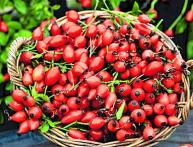The beneficial properties of raspberries are surprising in their diversity.

Raspberries are a very tasty berry; they can grow both in the forest and on a personal plot. Of course, wild and cultivated raspberries differ significantly in size, color and aroma, but the beneficial properties of raspberries are inherent in both types.
Traditional medicine widely uses delicious medicine made from raspberries to treat flu, colds, and respiratory infections. Raspberries also help with exacerbation of joint pain, radiculitis, neuralgia and fever.
Dried raspberries are used to make diaphoretic tea, which is effective not only for colds. It is recommended for hypertensive patients to drink it to lower blood pressure. For patients with reduced digestive function and a tendency to constipation, it is useful to consume fresh raspberries. Berries are excluded from the diet in the presence of inflammatory processes in the intestines and diarrhea; in such cases, it is better to use syrup or juice from the berries, which contain pectins in large quantities, which help remove harmful substances and even cholesterol from the body.
Traditional Eastern medicine uses raspberries as the main component of pills and mixtures in the treatment of impotence, infertility, and neurasthenia.
- As a source of potassium, raspberries are beneficial for those who suffer from heart disease.
- Iodine, which is part of raspberries, is an excellent remedy for the prevention of atherosclerosis.
- Systematic consumption of raspberries helps treat anemia.
- Patients with diabetes can consume raspberries in the form of juice, tea, powder, compote or jam prepared with xylitol or sorbitol.
Raspberries are harvested by drying the berries or freezing them. You can also freeze raspberry juice or berries in their own juice. The beneficial properties of raspberries are also preserved when the berries are ground with sugar.








